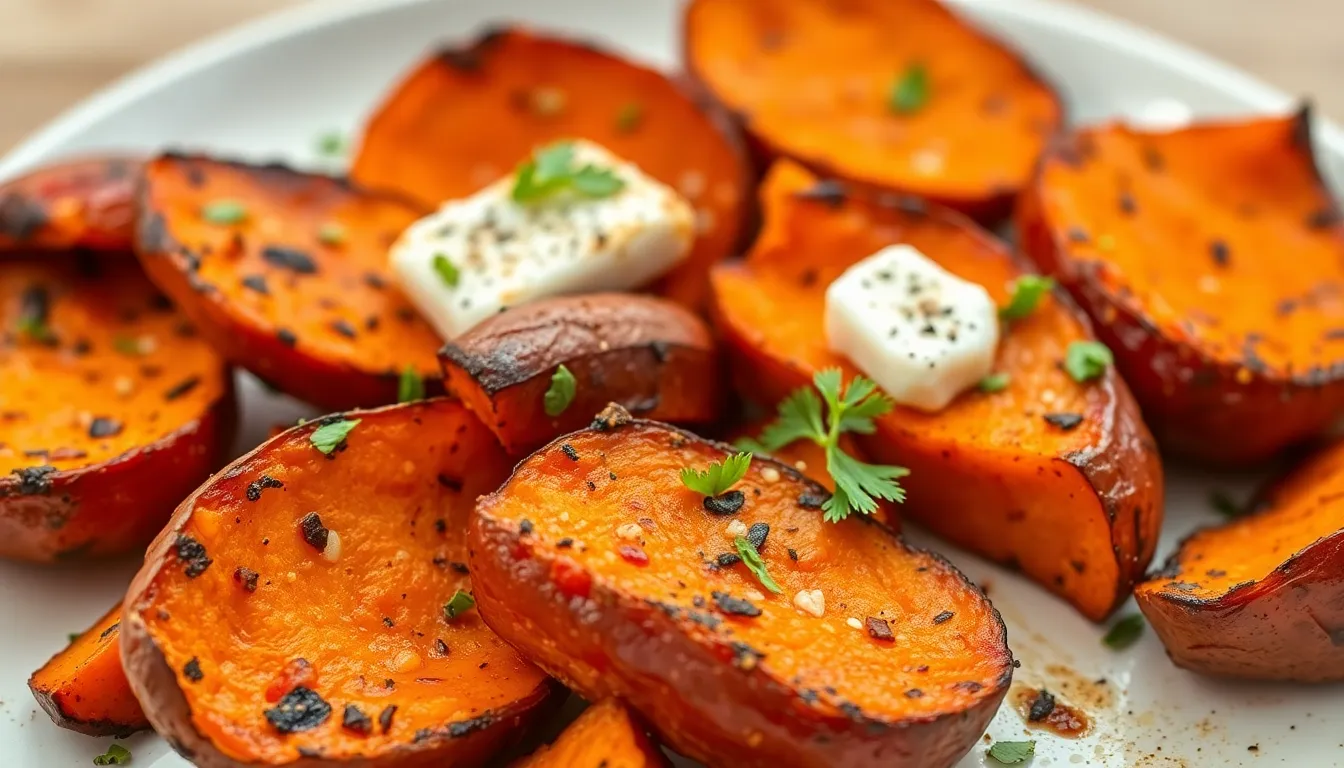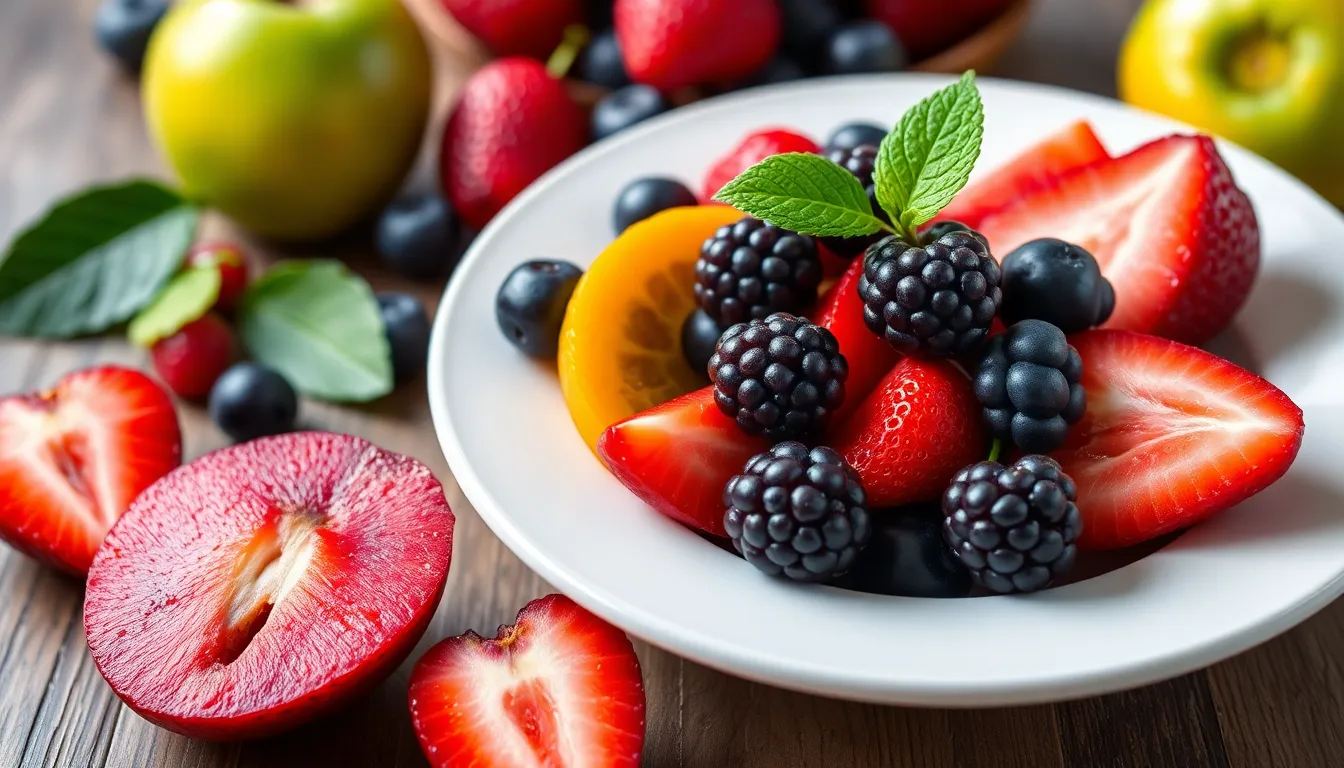The Best Fermentation Courses for Home Enthusiasts
Introduction
Fermentation is a culinary art that has been practiced for thousands of years, transforming foods and beverages through the magical interplay of microorganisms. With a growing interest in health and sustainability, home enthusiasts are increasingly turning to fermentation, not just for its health benefits but also for the unique flavors and textures it can introduce into daily meals.
Learning fermentation techniques allows individuals to create a wide range of delicious, probiotic-rich foods and beverages, from tangy sauerkraut to bubbly kombucha. In this article, we will explore the best fermentation courses available for home enthusiasts, equipping you with the knowledge and skills to embark on your fermentation journey.
Section 1: What is Fermentation?
Fermentation is a metabolic process that converts sugars into acids, gases, or alcohol through the action of microorganisms such as bacteria, yeast, or fungi. This process not only preserves food but also enhances its flavor and digestibility.
The basic fermentation process involves:
- Selection of raw materials (e.g., fruits, vegetables, grains)
- Introduction of microorganisms (wild or cultured)
- Control of environmental conditions (temperature, pH, and time)
- Harvesting the final product
There are several types of fermentation:
- Lactic Acid Fermentation: Common in yogurt, sauerkraut, and kimchi, this process is carried out by lactic acid bacteria.
- Alcoholic Fermentation: Used in the production of beer, wine, and spirits, this process is primarily conducted by yeast.
- Acetic Acid Fermentation: This type is responsible for vinegar production, converting ethanol into acetic acid through the action of acetic acid bacteria.
Section 2: Benefits of Learning Fermentation
Learning fermentation techniques comes with numerous benefits, including:
- Health Benefits: Fermented foods are rich in probiotics, which promote gut health and enhance the immune system.
- Preservation: Fermentation extends the shelf life of fresh produce, significantly reducing waste.
- Creative Culinary Applications: Fermentation opens the door to an array of flavors and textures, allowing home cooks to experiment with unique dishes.
- Cost-Effectiveness: Making fermented foods at home can be more economical than purchasing store-bought products.
Section 3: Criteria for Choosing a Fermentation Course
When selecting a fermentation course, consider the following criteria:
- Course Content: Look for a balance between theory and practical applications to ensure a comprehensive understanding of fermentation.
- Level of Expertise Required: Choose a course that matches your skill level, whether you are a beginner, intermediate, or advanced fermenter.
- Duration and Format: Consider whether you prefer online courses, in-person workshops, or weekend retreats, and how much time you can commit.
- Cost and Materials Included: Assess the overall cost of the course and any included materials, such as starter cultures, jars, or recipe booklets.
Section 4: Top Fermentation Courses for Home Enthusiasts
4.1 Course 1: The Art of Fermentation
Overview: This comprehensive course covers the science and techniques of fermentation, suitable for beginners and experienced cooks alike.
Key Topics Covered:
- Introduction to fermentation
- Making sauerkraut and pickles
- Kombucha brewing
- Fermented beverages and bread
Duration and Format: 6 weeks, online with weekly live sessions.
Cost: $150
Pros:
- Flexible schedule
- Access to a supportive online community
Cons:
- Lack of hands-on experience
- Requires internet access
4.2 Course 2: Fermentation Fundamentals Workshop
Overview: A hands-on workshop focused on the basics of fermentation, ideal for those who prefer in-person learning.
Key Topics Covered:
- Basics of lactic acid fermentation
- Making yogurt and kefir
- Simple vegetable ferments
Duration and Format: 1-day workshop, in-person.
Cost: $85
Pros:
- Interactive learning environment
- Direct guidance from an expert
Cons:
- Limited to a single day
- Travel may be required
4.3 Course 3: Advanced Fermentation Techniques
Overview: This course caters to experienced fermenters looking to expand their knowledge with advanced techniques and recipes.
Key Topics Covered:
- Fermented charcuterie
- Advanced cheese making
- Alcoholic fermentation and brewing
Duration and Format: 8 weeks, online with interactive forums.
Cost: $200
Pros:
- Deep dive into complex fermentation
- Access to exclusive recipes and resources
Cons:
- Prerequisite knowledge required
- More expensive than beginner courses
4.4 Course 4: Fermenting for Fun and Health
Overview: A fun introduction to fermentation for families and individuals interested in healthy eating.
Key Topics Covered:
- Health benefits of fermented foods
- Making basic ferments at home
- Creative uses of fermented ingredients
Duration and Format: 4 weeks, online with video tutorials.
Cost: $100
Pros:
- Family-friendly approach
- Focus on health and nutrition
Cons:
- Less comprehensive than advanced courses
- Video content may not suit all learning styles
4.5 Course 5: The Fermented Pantry
Overview: This course emphasizes the integration of fermented foods into everyday cooking, perfect for home chefs.
Key Topics Covered:
- Using fermented foods in recipes
- Fermented sauces and condiments
- Meal planning with fermented ingredients
Duration and Format: 5 weeks, online with recipe sharing.
Cost: $120
Pros:
- Practical applications for everyday cooking
- Recipe sharing with peers
Cons:
- Limited science behind fermentation
- May not cover advanced topics
Section 5: Comparison of Courses
| Course Name | Overview | Key Topics | Duration | Cost | Pros | Cons |
|---|---|---|---|---|---|---|
| The Art of Fermentation | Comprehensive course covering the science and techniques of fermentation. | Sauerkraut, kombucha, fermented beverages, bread. | 6 weeks, online. | $150 | Flexible schedule, online community. | Lack of hands-on experience. |
| Fermentation Fundamentals Workshop | Hands-on workshop focusing on the basics of fermentation. | Lactic acid fermentation, yogurt, simple veg ferments. | 1-day, in-person. | $85 | Interactive learning, expert guidance. | Limited to a single day. |
| Advanced Fermentation Techniques | Course for experienced fermenters to explore advanced techniques. | Charcuterie, advanced cheese making, brewing. | 8 weeks, online. | $200 | Deep dive into complex topics. | Prerequisite knowledge required. |
| Fermenting for Fun and Health | Introduction to fermentation for health-conscious individuals. | Health benefits, basic ferments, creative uses. | 4 weeks, online. | $100 | Family-friendly approach. | Less comprehensive than advanced courses. |
| The Fermented Pantry | Integration of fermented foods into everyday cooking. | Fermented ingredients in recipes, sauces, meal planning. | 5 weeks, online. | $120 | Practical applications. | Limited science coverage. |
In conclusion, there is a fermentation course to suit every home enthusiast’s needs, whether you’re just starting out or looking to enhance your existing skills. From online classes to in-person workshops, these courses will equip you with the knowledge and techniques to create delicious, healthful fermented foods at home. Happy fermenting!




